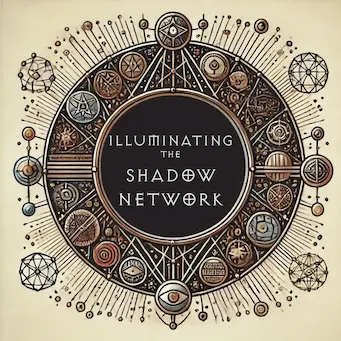Ellie Cohanim
Role: Contributor
Position: Former Deputy Special Envoy to Monitor and Combat Anti-Semitism, U.S. Department of State
Background:
Ellie Cohanim served as the Deputy Special Envoy to Monitor and Combat Anti-Semitism at the U.S. Department of State during the Trump administration. In this capacity, she played a key role in shaping and implementing U.S. policy to combat anti-Semitism globally, focusing particularly on the Middle East, North Africa, and Latin America. Before her government service, Cohanim had a career in media and Jewish community advocacy, including roles at the Jewish Broadcasting Service and the United Jewish Appeal-Federation of New York. She holds a BA from Barnard College and has been recognized for her efforts to forge partnerships in the Arab world to counter anti-Semitism, as part of the Abraham Accords.
Relation to Trump:
Cohanim’s appointment to the State Department was a direct result of the Trump administration’s commitment to combating anti-Semitism. Her work aligned closely with the administration’s broader efforts to promote religious freedom and protect Jewish communities worldwide. She was particularly active in developing strategies to counteract anti-Semitism originating from both radical Islamic ideologies and far-left anti-Zionism, echoing the administration’s strong stance on these issues.
Scandals or Controversies:
Ellie Cohanim has not been involved in any personal scandals. However, her role in the Trump administration, especially in a sensitive area like combating anti-Semitism, has placed her work under scrutiny. Critics have debated the effectiveness of the Trump administration’s approach, particularly its focus on Iran as a primary source of anti-Semitic activity. Cohanim has been a vocal advocate for the administration’s policies, which have sparked both praise and controversy, particularly in their handling of relations with Muslim-majority countries.
Potential Concerns:
Cohanim’s involvement in addressing anti-Semitism, particularly her focus on radical Islamic and far-left anti-Zionism, could draw criticism from those who disagree with the administration’s strategies. Additionally, her media background and advocacy roles may be scrutinized for potential biases, especially given the highly charged nature of her work at the State Department.


